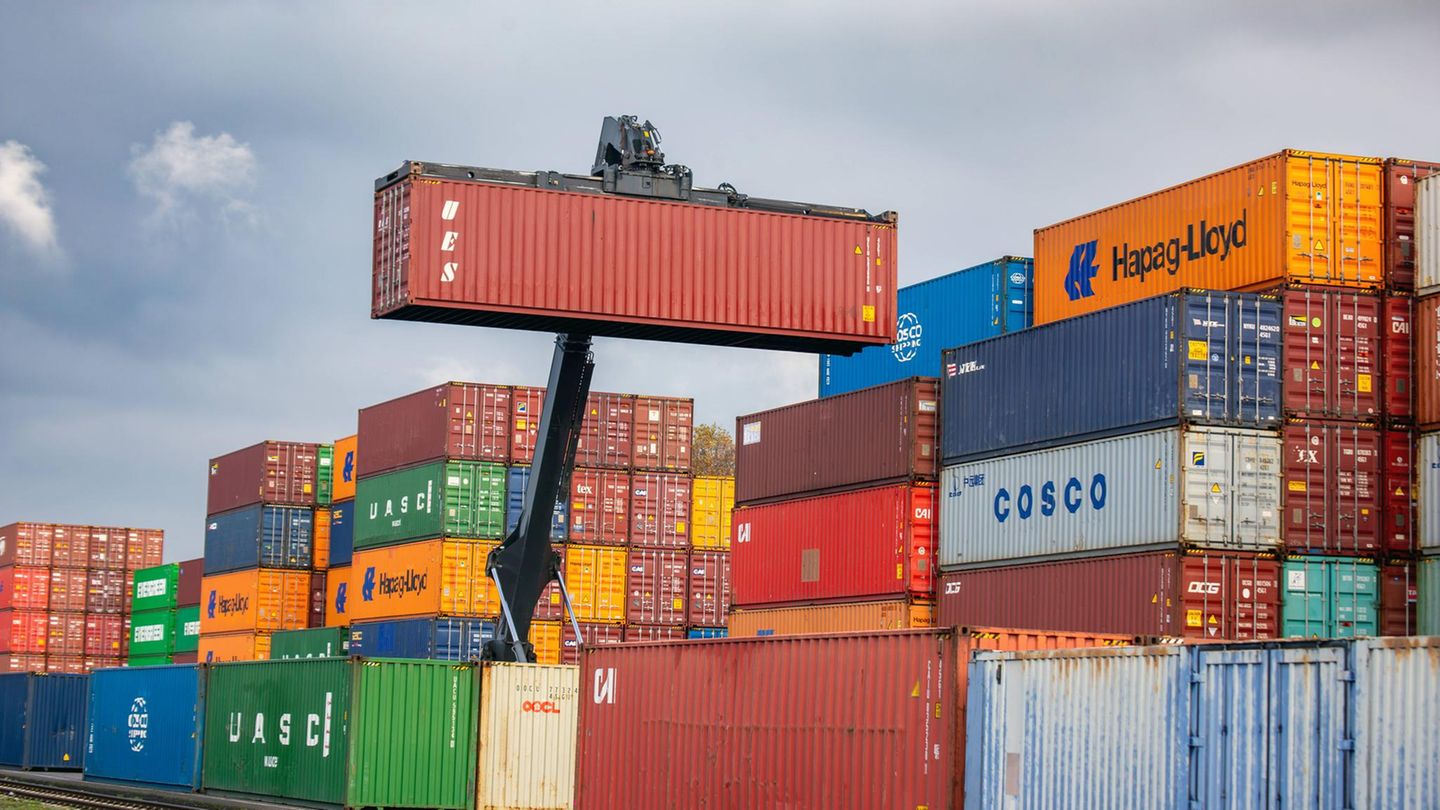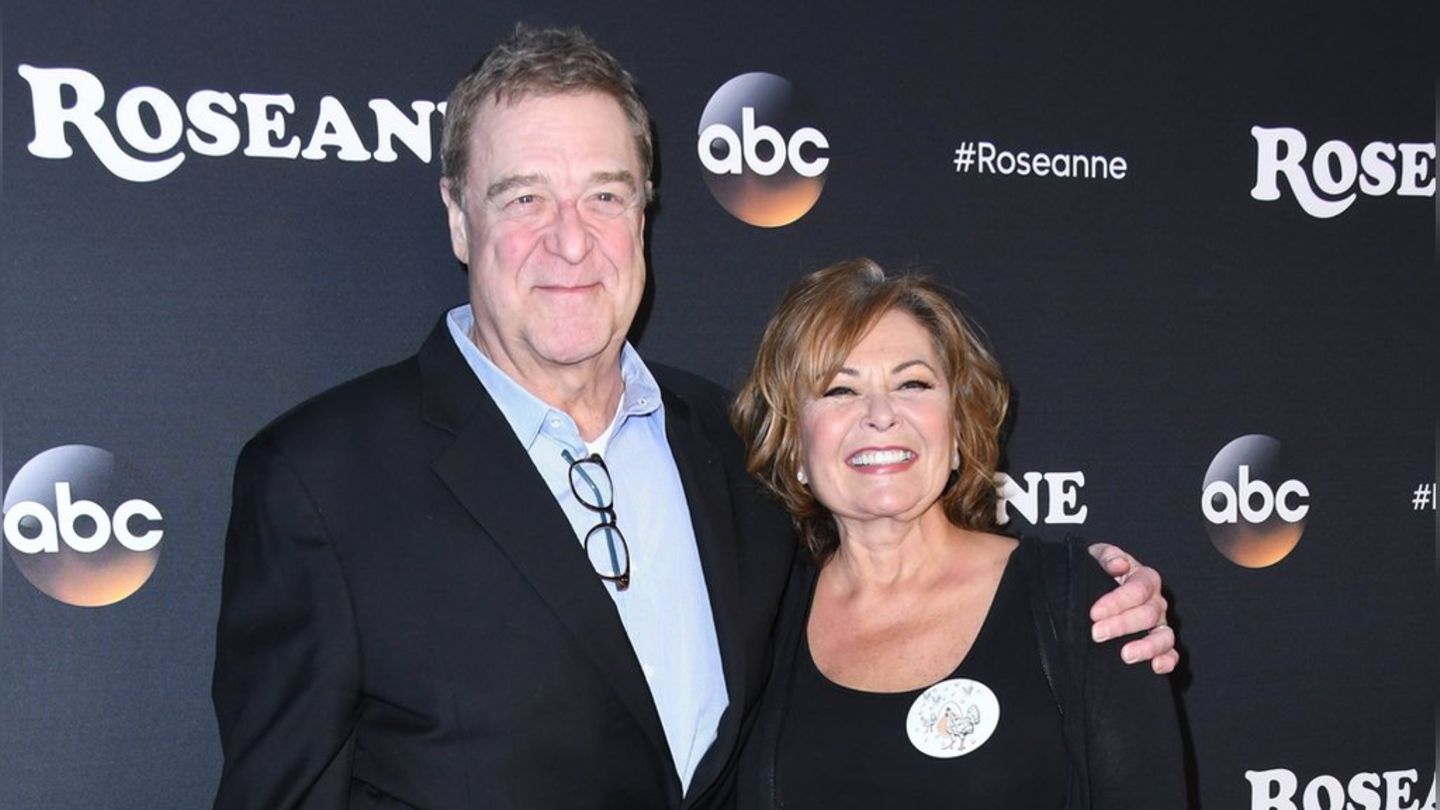Environment and human rights
EU Commission plans to move the supply chain law by one year
Copy the current link
Add to the memorial list
The supply chain law should actually work against human rights violations and environmental destruction. In addition to the time shift, the EU also wants to weaken the requirements.
The European Commission wants to postpone the application of the EU Lief Chain Act by one year and significantly weaken the requirements for companies. A shift in the key date for the rules to June 2028 will “give companies more time to prepare for the new editions,” said the Commission on Wednesday. Brussels reacts to massive pressure from the economy that complains about bureaucratic requirements.
Actually, the EU wants to make companies with more than 1,000 employees from 2027 for human rights violations and pollution in its supply chains. The Commission now proposes to postpone the first cut -off date for the implementation by one year to June 26, 2028. A year later, the law is supposed to work fully.
Lief chain law not only postponed, but mitigated
In addition, the companies concerned should no longer have to ensure compliance with human rights and environmental standards in their entire supply chain, but only with their direct suppliers. According to the proposals, proof of this would no longer be due annually, but only every five years. The Commission also wants to restrict an EU-wide civil liability for violations of violations.
Commission President Ursula von der Leyen has promised an “unprecedented effort” for the reduction of rules. In addition to the supply chain law, the Commission also wants to postpone and re-negotiate the requirements for sustainability reporting by two years. According to commission information, 80 percent of the companies affected so far are to be excluded.
In addition, Brussels wants to exclude numerous companies from a tax on CO2 emissions of imports because, according to the Commission, they only have low CO2 emissions. According to the plans, this should apply to all companies that import less than 50 tons of steel, aluminum, cement or fertilizer into the EU.
AFP
ari
Source: Stern




